Himalayan harvesters who move mountains
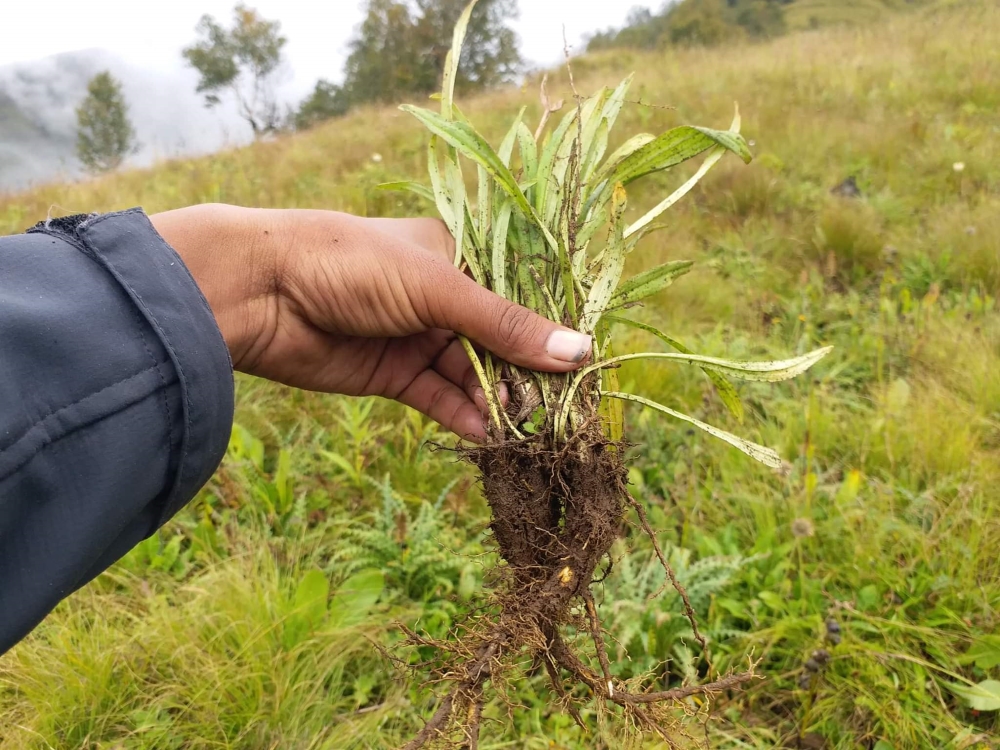
Harvested Jatamansi. Credit - ANSAB.
Hope for Nepal's wild plants and fungi
Seven years ago, Ramila Bohara stood on the outskirts of her village, facing a future of hope and uncertainty. After the loss of her husband, she had returned to her ancestral home with her four children, seeking solace and support from her relatives.
However, her homecoming was not without its challenges. The absence of male villagers, who had migrated elsewhere for work – just as Ramila had done – left the community with fewer hands to support itself. As a lone parent, Ramila faced the daunting responsibility of providing for her children in the unforgiving terrain of the Nepalese Himalayas.
Thanks to the support of the UK Government’s Darwin Initiative, Ramila has been able to upgrade the business she had started upon her return, specialising in the harvest and sale of wild plants. Alongside managing her business, her days are filled with caring for her children, tending to her vegetable garden, and overseeing her livestock.
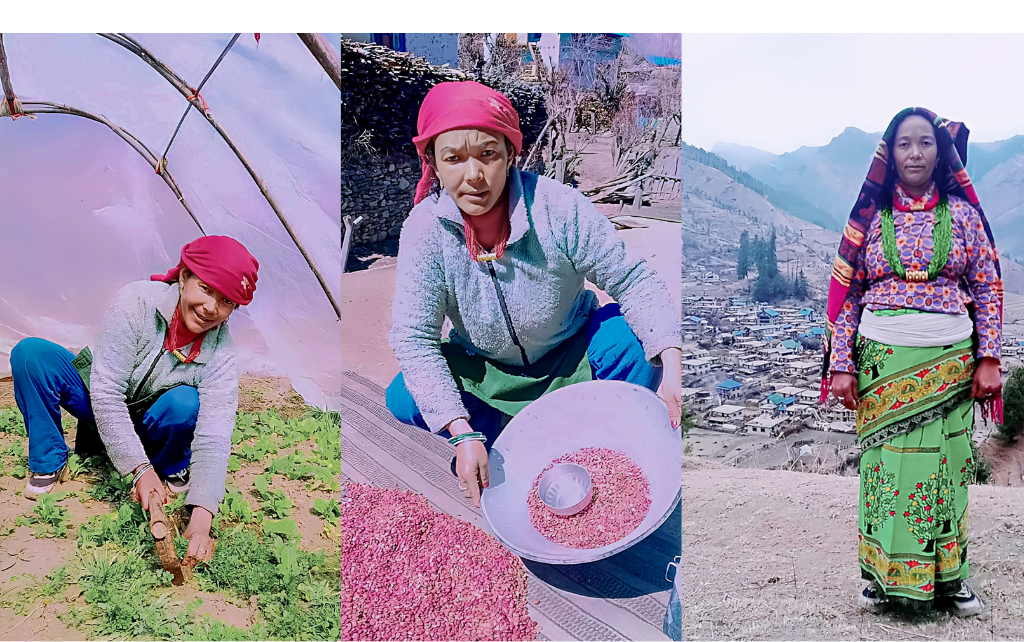

Yet, the plants she sells, including Jatamansi, Kutki, and Caterpillar Fungus, remain under threat. Overharvesting, climate change, and habitat loss are just some of the obstacles the villagers will need to overcome to conserve the plants they rely on for their livelihoods.
To address this, TRAFFIC-led ‘Himalayan Plants for People’ project, in collaboration with the Asia Network for Sustainable Agriculture and Bioresources (ANSAB), and other local and international partners has been working in Nepal. TRAFFIC, a leading non-governmental organisation, is working to ensure the trade in wild species is legal and sustainable for the benefit of people and the planet. This initiative not only benefits local communities but also aids in the conservation of Himalayan plants and the livelihoods dependent on them.
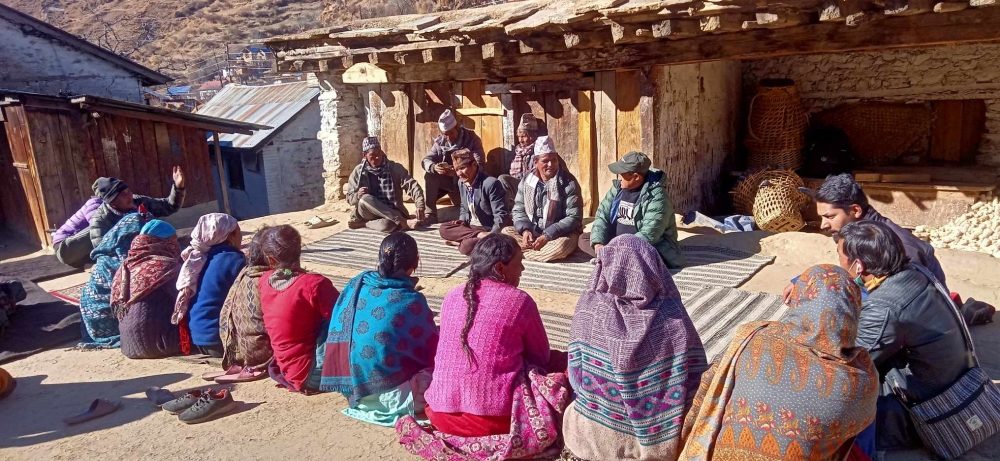
The project focuses on conserving floral and fungal diversity in the Himalayan region of Nepal through sustainable management, as well as traceable, and equitable trade. By empowering communities, strengthening policies, and promoting responsible value chains, this effort has enabled Ramila to forge stable relationships with traders, alleviating her past concerns about receiving fair prices.
Ramila’s incredible resilience is evident in her annual journey to the alpine forests – situated at 4,800 metres, around half the height of Mount Everest – where she joins her fellow villagers in harvesting. Despite the myriad of risks posed by steep terrain, unpredictable weather, and high altitudes, this season holds immense significance for them, both economically and spiritually.
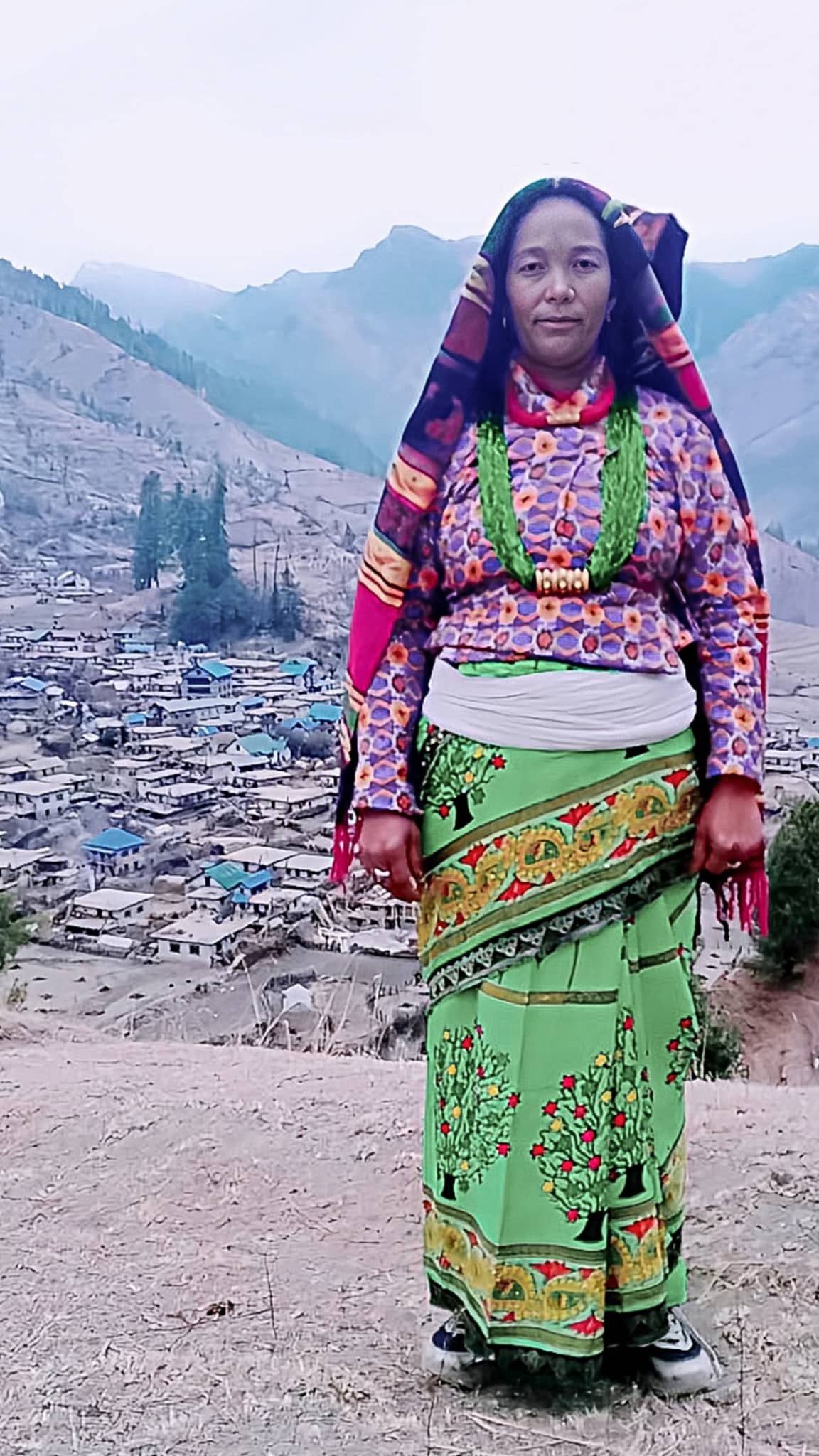
The support of this initiative, along with Ramila’s inherent strength, has enabled her to achieve one of her greatest dreams: sending her children to school. As they excel academically, they also become her teachers, bridging the gap created by her own lack of formal education.
Looking ahead, Ramila remains hopeful about her business’s future, particularly with the continued support of the project. As an active member of her community’s forest user group, she shares knowledge on sustainable practices to preserve the forests that sustain her livelihood for her children and future generations. Last year, she played a role in shaping the Jadibuti Declaration for 2030, a roadmap for sustainable management practices for Nepal’s diverse array of wild plants and fungi.
Ramila’s story is a testament to human resilience and the intertwined relationship between people and nature. Her dedication to protecting the Himalayan flora offers hope for the future of other threatened landscapes, species, and communities worldwide.
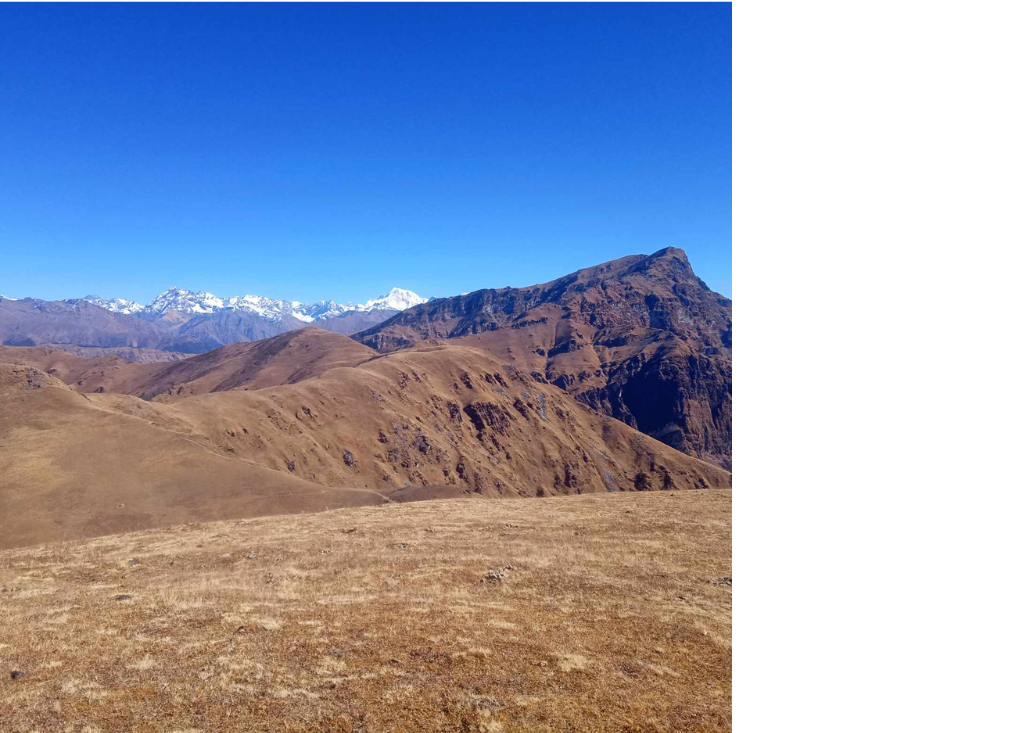
TRAFFIC is also actively engaged in enhancing sustainable and fair plant trade practices in Uzbekistan and Morocco through their ‘Trialing Wild Harvest Improvement Projects for a Sustainable Wild Plant Trade’ project. With partners, TRAFFIC is examining certification pathways for wild plants in different landscapes, actively involving harvesters and key stakeholders to assess the advantages and striving to enhance market opportunities. Their primary objective is to empower harvester communities with stable incomes while championing sustainability.
Written by Ellie Humphrys. For more information on this Darwin Initiative Main project 28-026, led by TRAFFIC International, please click here.

 Back
Back